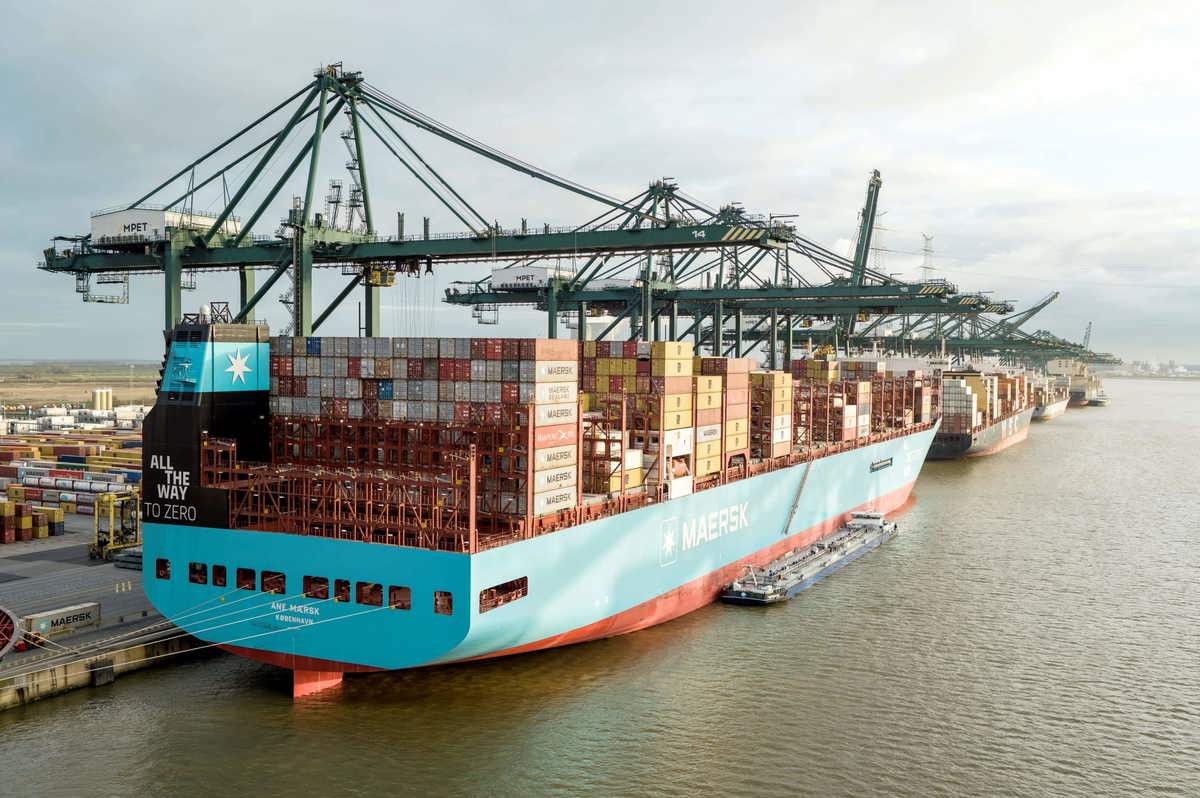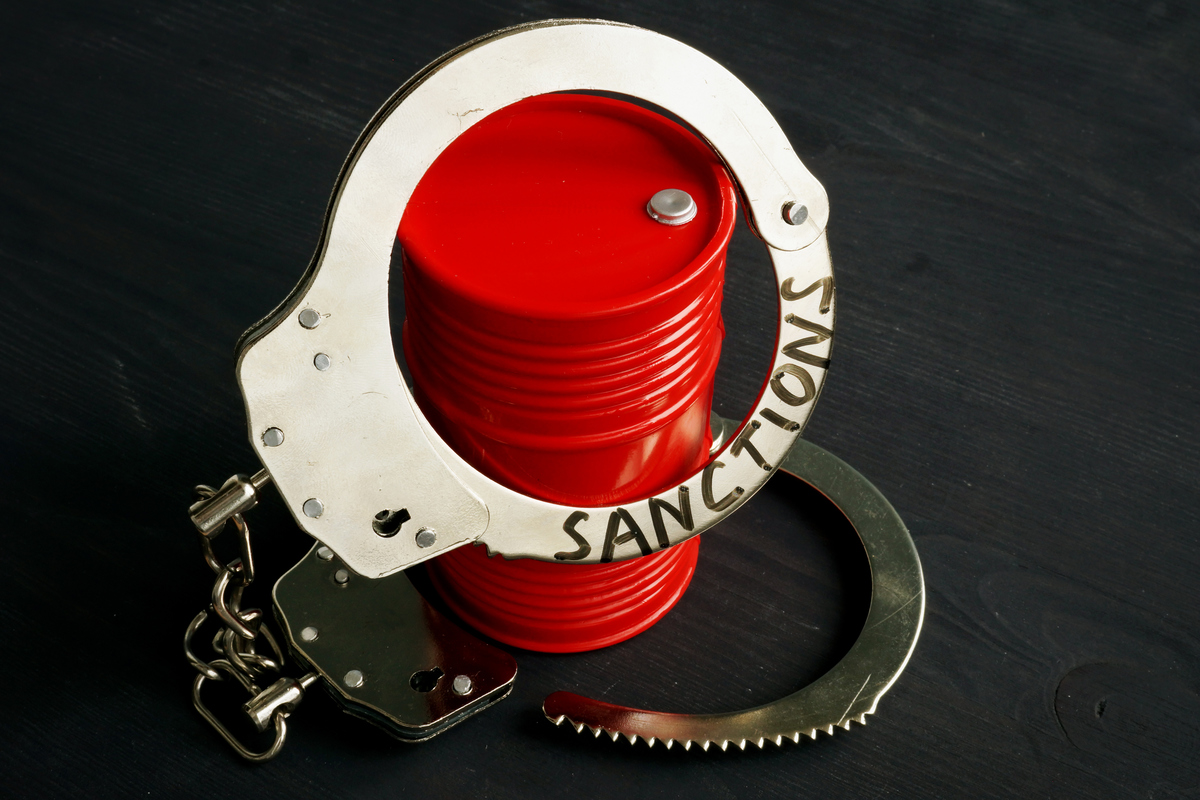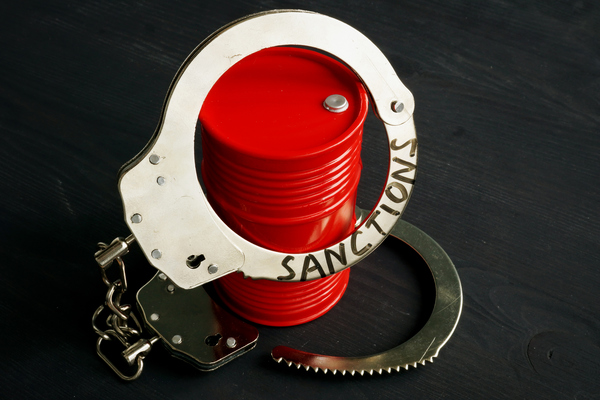Maersk wants ‘end-date’ for fossil-only newbuilds
The EU must impose a deadline for ending the construction of new ships powered by only conventional marine fuels, Maersk writes.
 PHOTO: Bunkering of A.P.Moller-Maersk's methanol-fuelled containership, Ane Maersk. Port Authority of Antwerp-Bruges
PHOTO: Bunkering of A.P.Moller-Maersk's methanol-fuelled containership, Ane Maersk. Port Authority of Antwerp-Bruges
Ships built after a certain date that use only fossil marine fuels should be banned from calling at European ports under the mandate, shipping major A.P. Moller-Maersk suggested.
The EU will hold elections to elect members of the European Parliament (MEPs) in a couple of weeks from 6-9 June. Maersk has released a memorandum outlining its key recommendations for the next five years to help upcoming MEPs lay the foundation for net-zero shipping by 2050.
Setting an end date for fossil fuel-powered ships "will help shipowners and energy providers make investments in new ships and fuel supply infrastructure to accelerate the energy transition,” Maersk noted.
The EU legislators should also demand a global deadline for building fossil fuel-powered ships, it said.
Bridging the cost gap
Shipping also needs a financial mechanism for reinvestment of allowances in the EU ETS, Maersk recommended. It can be based on the existing provisions for Sustainable Aviation Fuel (SAF) in the ETS, it added.
Shipping has 20 million allowances under the EU ETS for bridging the price gap between fossil marine fuels and green alternatives. It will make zero-emission marine fuels more cost-effective and incentivize their adoption in the shipping sector, Maersk proposed.
What is the re-investment mechanism for SAF in the EU ETS?
As explained by the International Council on Clean Transportation (ICCT), when aircraft operators choose to purchase SAF instead of conventional fossil jet fuel, they incur a higher cost due to the generally higher production costs associated with SAF. The mechanism addresses the cost difference between SAF and fossil jet fuels.
The EU ETS has allocated 20 million allowances for aircraft operators.
Aircraft operators can use these allowances to cover a portion of the cost difference between fossil jet fuel and SAF. It can cover anywhere from half to the entire cost difference between SAF and fossil jet fuel, depending on the pathway chosen for producing SAF, according to the ICCT.
Aircraft operators receive 95% of the cost differential for synthetic aviation fuels and 70% of the cost differential for advanced biofuels qualifying under the EU’s Renewable Energy Directive (RED II) directive.
Other suggestions put forward by Maersk for the EU MEPs include:
- Align EU’s Renewable Energy Directive with the Dutch HBE System mechanism
- Align EU Emissions Trading System (ETS) with FuelEU Maritime regulation
- Include lifecycle assessments (LCA) of marine fuels into the scope of EU ETS
- Include container ports under the scope of EU ETS
- Push IMO for a global GHG pricing mechanism into force by 2027
Maersk has also called on the MEPs to increase funding in EU’s green fuel industry and ease the administrative burden for development of low- and zero-emission fuels and technologies in the EU.
By Konica Bhatt
Please get in touch with comments or additional info to news@engine.online






